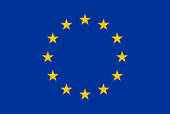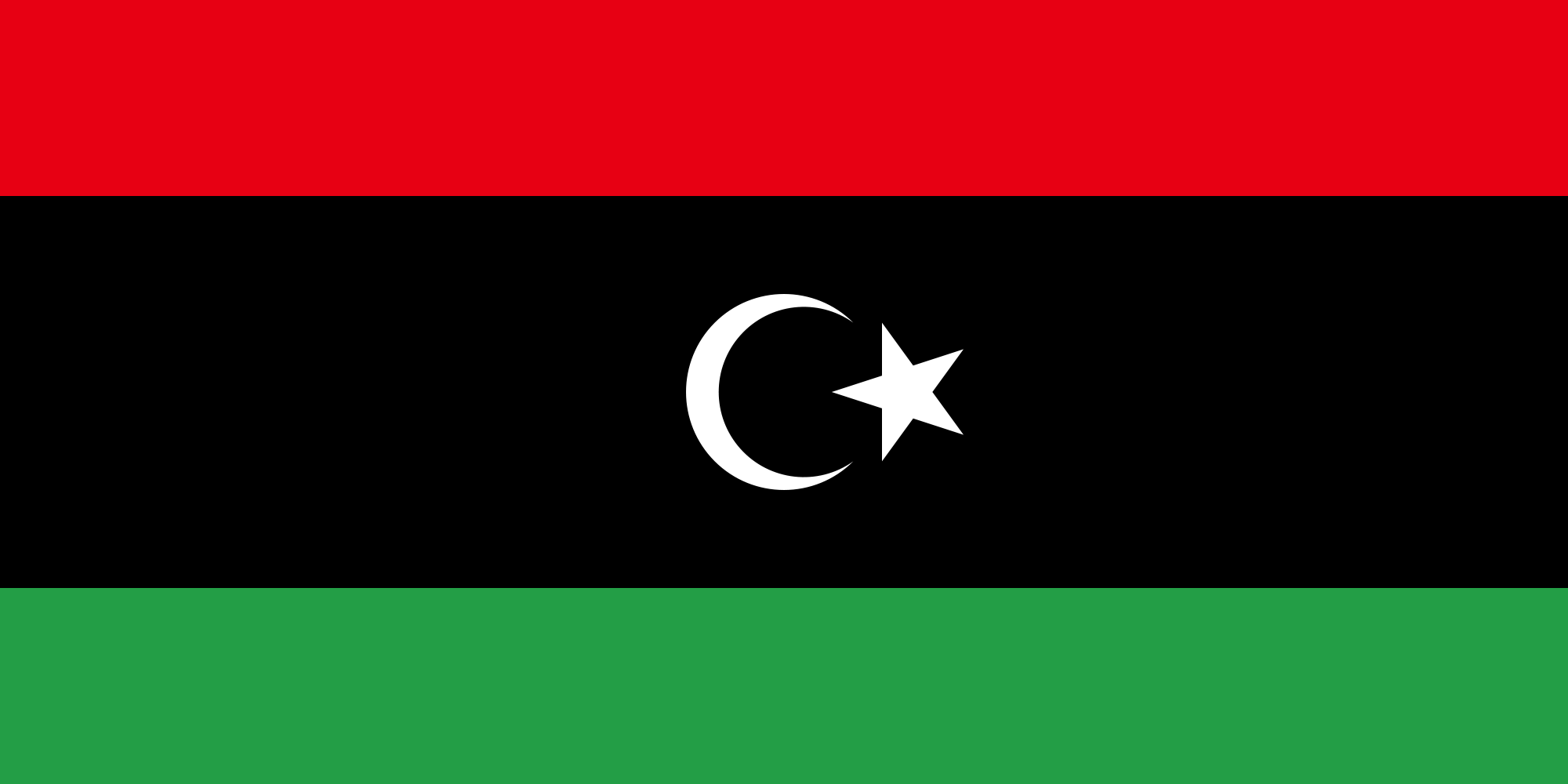European Union

This project seeks to strengthen freedom of expression, access to information, free, independent and pluralistic media, ensuring that journalists and media in this region are key drivers for democratic, sustainable and peaceful development in the region.

Funded by the European Union, the project’s goal was to enable free and impartial information and reporting on the 2013 electoral processes in Jordan.
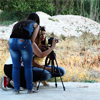
Promoting non-stereotyped female representation in film and fostering female film professionals are essential components to combat gender-based stereotypes in the film industry and enable freedom of expression as a fundamental human right. This project is another component of UNESCO’s ongoing work to promote gender equality and support freedom of expression throughout countries in the MENA region.

The project, financed by the European Union, aims at improving the transparency of Nepal’s government and the accountability of decision-making through a broader implementation of the Right to Information Act.

Financed by the European Union, the programme aims at mainstreaming youth issues and priorities across national decision-making and policy implementation in European Neighbourhood Policy South countries.
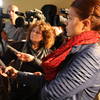
With financial support from the European Union, the project seeks to strengthen ethical and professional standards of media professionals in South East Europe and Turkey.

In the context of electoral violence in Africa, the media have paid a great price, with journalists intimidated, harassed and sometimes killed. There have been cases of rival political groups attacking and vandalizing media houses owing to disputes over coverage.

The overall objective of this UNESCO project is to strengthen the resilience of societies to potentially harmful content spread online, in particular hate speech inciting violence while protecting freedom of expression and enhancing the promotion of peace through digital technologies, notably social media.
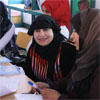
The Support to Media in Jordan (STMJO) project aims to help Jordan’s efforts in advancing the Jordanian media to further increase its freedom, independence and professionalism. The four year project (2014 – 2018) is generously funded by the European Union and implemented by the UNESCO Amman office in close collaboration with the Ministry of State for Media Affairs and the media community in Jordan.
Voluntary contributions have strengthened UNESCO’s work in freedom of expression in dozens of countries around the world.


